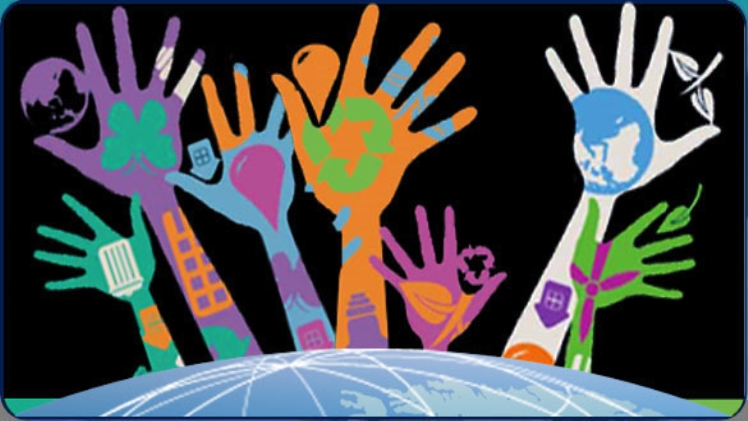Education systems are large, complex and have many levels. At the top level nationally we find the Minister of Education, who sets the premises for educational content in schools. The system continues all the way to the school and pupil level where educational activities are carried out in practice and the educational results are achieved.
Following the approach of Senge, the first step to successfully developing education for sustainable development is to create a vision of the role of the school system in sustainable development and to win acceptance for this vision both in the school system itself and in society at large. The vision should clarify what needs to be done at each level, such that education contributes to sustainable development in the short and the long term. How can education develop each pupil’s insight into the global challenges of today?
This question spurs us to look at the way concepts are formed and the way pupils learn. Educational psychologists broadly agree that the purpose of learning and education in various subjects should have to do with developing various action competencies, expertise that pupils are capable of adapting and applying in various contexts. This concept stands in contrast to the more traditional goal of enabling pupils to answer questions quickly and precisely without necessarily understanding what the issue is about.
Zainview.com is Get The Latest Online website At One Place like Arts Culture, Fashion, movies, entertainment, Technology, Travel and Fitness and health news here. Pushpa naa songs and movies information movierulz4
One could say that this represents a shift in our view of what constitutes good education as well as what methods are most appropriate. The educational activities need to go further than what has traditionally been considered adequate, and they also need to include various approaches in order to acquire action competencies. This view of learning can be summed up as follows: it is an active, constructive, cumulative, self-regulated, goals-directed, collaborative and individually adapted formation of competencies including a range of concepts, skills and attitudes.
Competencies to be established in education for sustainable development are related thematically to basic concepts in fields such as economy, ecology, ethics and social science. However, the cognitive abilities need to reach further and include the ability to understand interconnections and understand specific issues as part of a larger and more complex picture. Knowledge will often be incomplete, and pupils will therefore need to learn to handle uncertainty.
Satta mataka143 visit here
Development of attitudes and values is central. How can pupils develop both the will and the ability to distribute resources equitably? Pupils should also develop a view of themselves as a responsible and active participant in society. This role in life requires knowledge and understanding, but also many other competencies such as the ability to communicate, to collaborate and cooperate with others, and to negotiate solutions in a context of diverse norms and value positions. More educational research is needed on how the participatory skills, values and attitudes that characterize high quality ESD can be developed effectively.
Read more about forexinghub.
canvas fisd (My Cfisd Net) – Learning Together Anywhere

